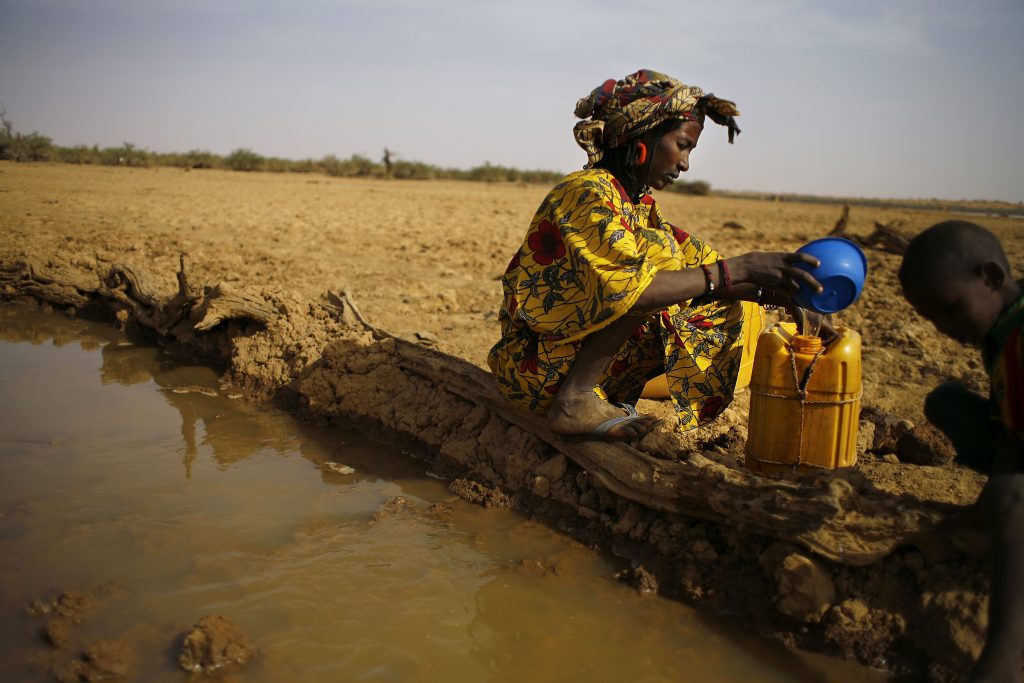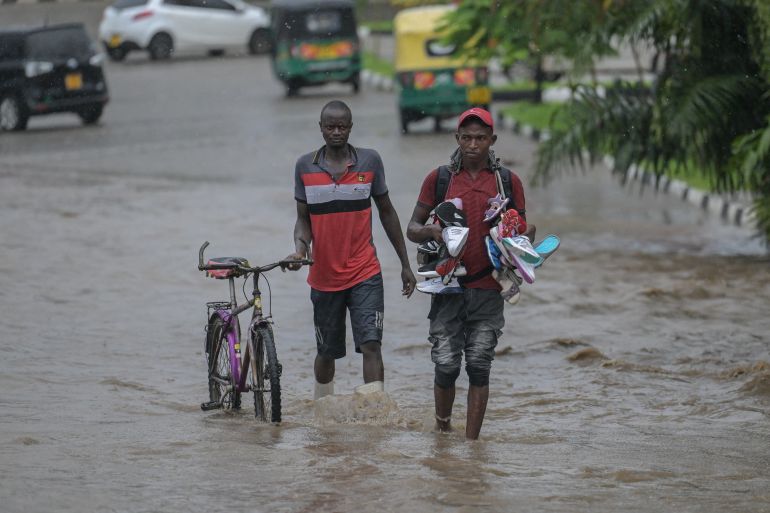Climate change in Uganda is primarily caused by human activities such as deforestation, industrialisation and the burning of fossil fuels. However, natural factors also cause climate change i.e volcanic eruptions, fluctuations in solar radiation contribute to climate change. The impact of climate change in Uganda is significant and has various consequences for the country as follows; Changing rainfall patterns; climate change has led to erratic rainfall patterns with longer dry spells and more intense rain resulting into water scarcity, reduced agricultural productivity and increased prevalence of drought and floods.

Increased temperatures; Uganda has experienced a rise in temperature over the year due to climate change. This has led to heat waves, especially in urban areas which negatively impact human health. Decline in agricultural productivity; Climatic change has adversely affected Uganda’s agricultural sector, which is predominantly rain fed. Changing rainfall patterns has led to decreased crop yields and reduced food security. This has economic implication, since agriculture is a major source of employment and income for many Ugandans.
Loss of biodiversity. Climate change has threatened Uganda’s rich biodiversity. Rising temperatures and chnging rainfall patterns affects the ecosystems, leading to habitat loss and species extinction. Increased spread of diseases; Climate change contributes to the spread of vector borne diseases such as malaria and dengue fever. Changes in temperature and rainfall create favourable conditions for disease carrying mosquitoes.
Water scarcity and sanitation challenges; Climate change has impacted water availability and quality in Uganda. Decreased rainfall and prolonged droughts have led to scarcity particularly in rural areas affecting access to clean water for drinking, agriculture and sanitation purposes. This can lead to increased water diseases and hygiene related illnesses. To address these impacts the Government has taken measures such as promoting renewable energy, reforestation and sustainable agricultural practises. International assistance and cooperation are also crucial in implementing adaptation and mitigation strategies to reduce the effects of climate change in the country, Uganda.
What do you think is the major cause of climatic change we are facing today?




